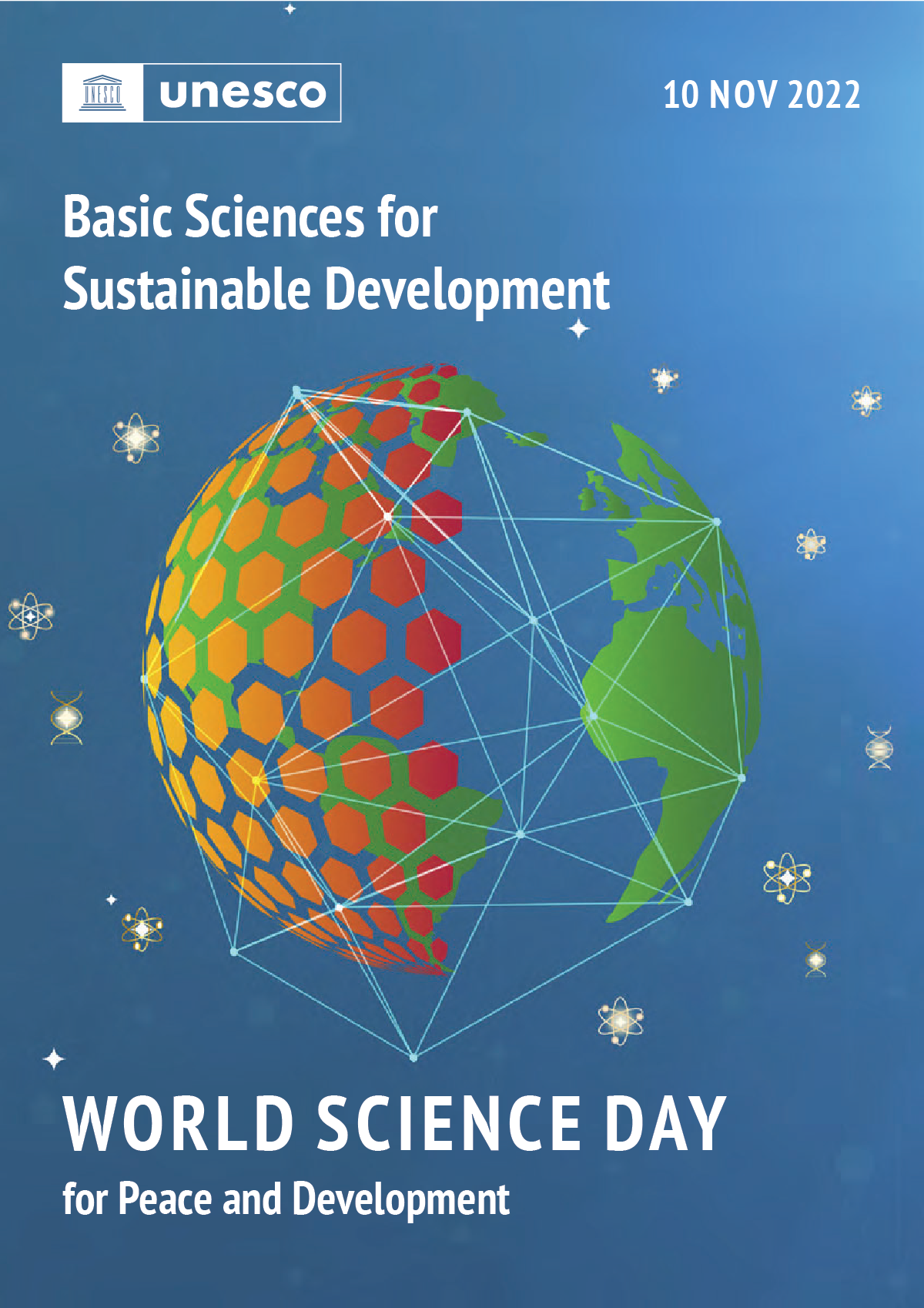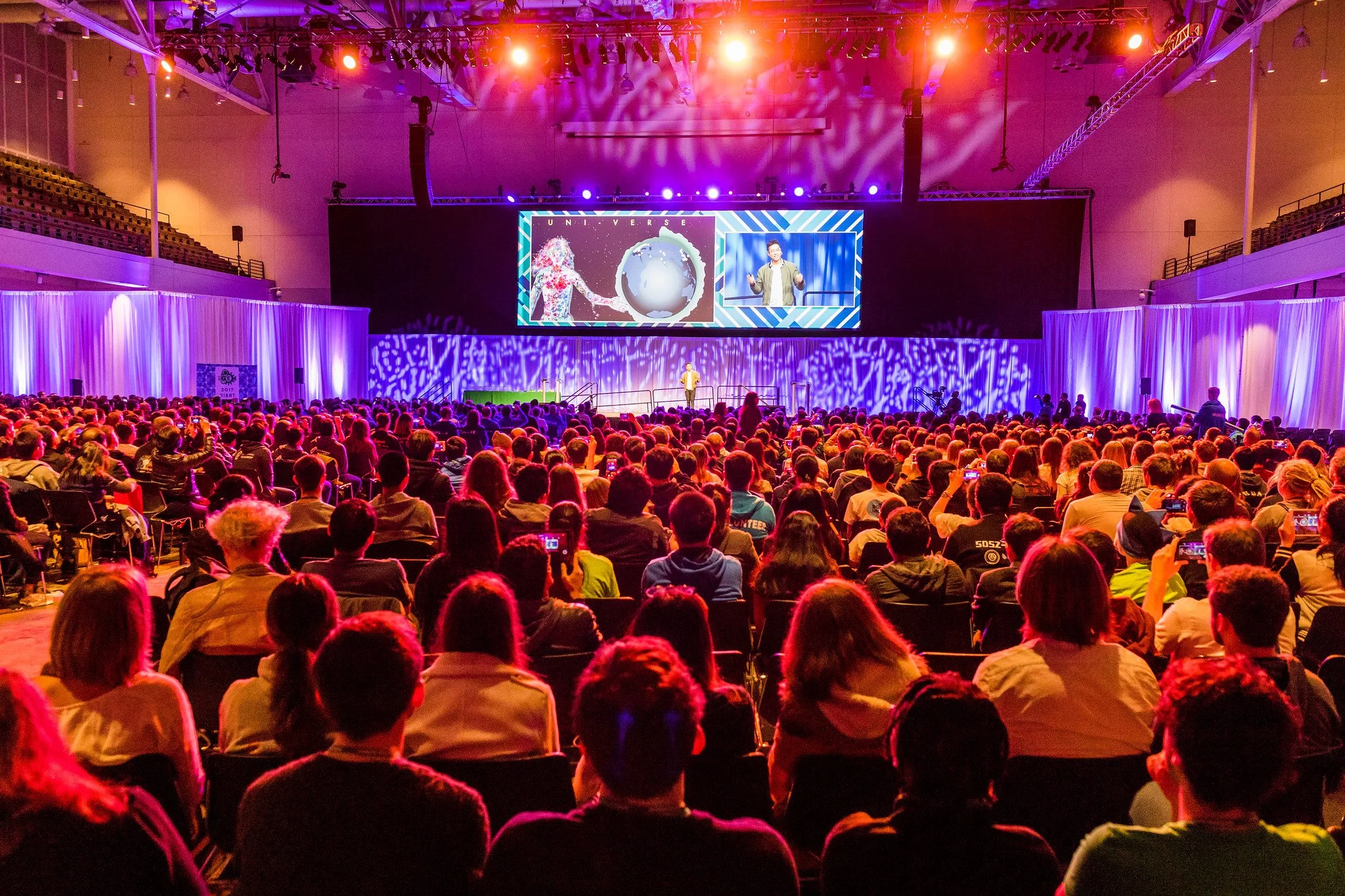EPIC’s Startup Showcase featured the top 15 iGEM Startups, who pitched their ideas in front of an audience and panel of judges at the iGEM 2022 Grand Jamboree. Here are some highlights and insights from the winner and finalists.
Welcome!
This blog is where we share stories, announcements, and insights from around the iGEM community.





















